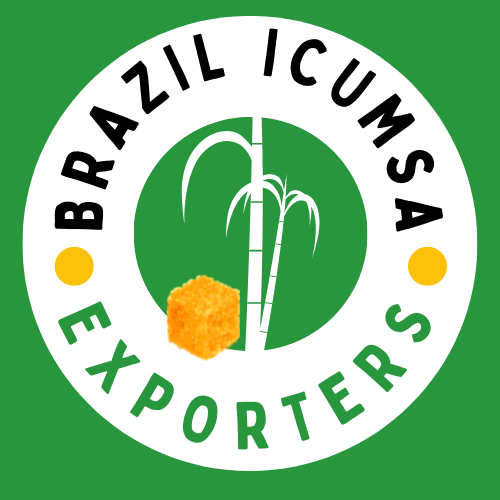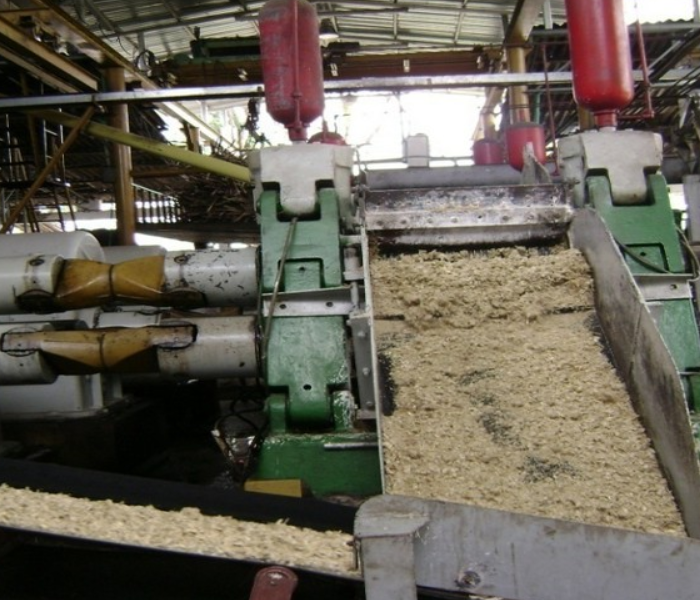Refined Sugar Production
Refining is removing impurities or positive coarseness through a purification process. The process of obtaining sugar (sucrose) from plant sources and purging undesirable substances from the raw sugar extracted is known as sugar refining. Remaining stalk fibres, insect fragments, moulds, soil, waxes, and bacteria are a few examples of these components.
60 percent of table sugar comes from sugar cane, and 40 percent from sugar beets. While tuberous white bulbs, and sugar beets, which are members of the common red beet family, are raised in temperate climes, sugar cane thrives in tropical and subtropical regions. The plants contain liquids that are used to make syrups, molasses, and sugar crystals.
Beets and sugar cane go through the same refining procedures and provide products that are equivalent. All but a small portion of the plant’s nutritional components are lost during the multiple processes of washing, boiling, centrifuging, refining, and drying. 95% of the raw sugar product is sucrose, and there are also some minor minerals that have little nutritional value. “Raw Sugar” is not even a raw or natural product at all; it is a highly refined, 95% sucrose product that has previously undergone extensive refinement. Bleaching agents like carbon dioxide and lime are added to create the white crystals we know as table sugar. The sugar is then further “purified” (refined) and made whiter by filtering it through charred beef bone while it is liquid. This process eliminates more.
With a current sucrose content of over 99.9%, completely refined white sugar is almost devoid of any vitamins, minerals, fibers, or other nutritious components. This explains expressions like “junk food” and “empty calories.”
Black-strap molasses is found in the liquid that remains after the third extraction, which is a sweet, thickened byproduct of the sugar refining process. Simple refined table sugar is what makes light and dark brown sugars, to which 12–13% molasses is added. White table sugar has been ground into confectioner’s sugar (powdered sugar).
We provide Premium and certified ICUMSA and non-ICUMSA sugars refined in Brazil and ready for export to you. Our Pricing will fit your budget and we provide the best CIF in the market today.



